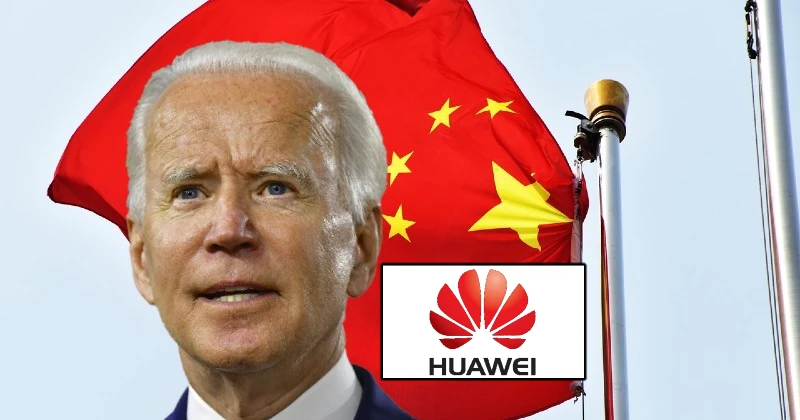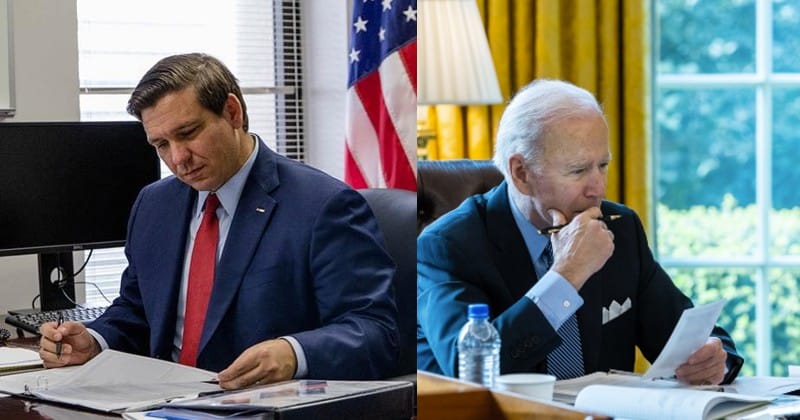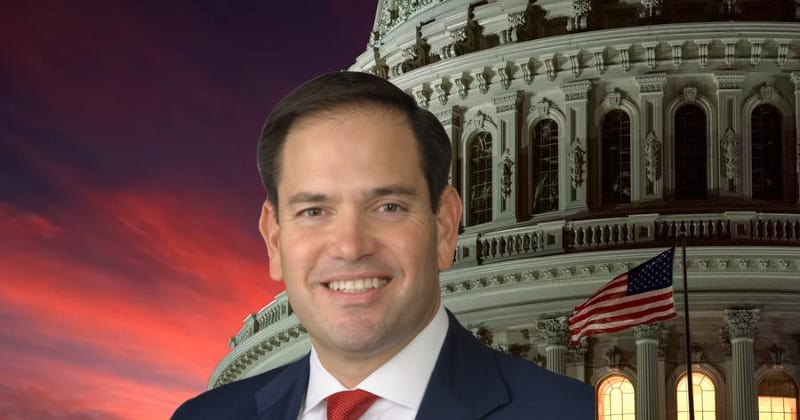Last week, U.S. Sen. Marco Rubio, R-Fla., sent a letter to U.S. Commerce Sec. Gina Raimondo, insisting that the Biden administration is following a “small yard, high fence” strategy and requested tougher sanctions on Huawei and its suppliers.
“The CCP is our greatest adversary. Beijing is trying to embarrass the United States and supplant us as the leader in high technology. Unfortunately, we have made their job too easy by letting companies like Huawei slip the net. I urge you to take strong action to ensure Huawei cannot develop advanced technology that threatens our security.”
“Huawei is a sanctioned telecommunications company that spies for the Chinese Communist Party (CCP) and works with the People’s Liberation Army. Recently, Huawei released a smartphone whose performance raises questions about the effectiveness of the Biden administration’s technology restrictions on Huawei,” Rubio’s office insisted. “The phone’s release coincided with U.S. Secretary of Commerce Gina Raimondo’s visit to China, evidently in an attempt to embarrass the United States. Chinese state-owned media has touted the phone as evidence that China is innovating in spite of the Biden administration’s economic sanctions.
The letter is below.
Dear Secretary Raimondo:
I write with regard to reports that Huawei, a telecommunications company that spies on behalf of the Chinese Communist Party (CCP) and has well-known ties to the People’s Liberation Army, has developed an advanced smartphone in spite of U.S. sanctions intended to hobble its ability to innovate. This news shows the woeful inadequacy of the Biden Administration’s “small yard, high fence” approach to technology restrictions, which has failed to stop Huawei’s advance. The news further underscores the need to toughen these restrictions and rescind export licenses to Huawei and its suppliers, like Semiconductor Manufacturing International Corporation (SMIC).
Earlier this month, Huawei released the Mate 60 Pro, a smartphone that reportedly has 5G-like capabilities. The Mate 60 Pro is Huawei’s first major product offering since U.S. sanctions went into effect three years ago. Experts who have deconstructed the smartphone state that it is powered by microchips designed and manufactured by Chinese companies, like SMIC, as well as foreign companies, such as SK Hynix.
The phone’s release was conspicuously timed with your trip to the People’s Republic of China (PRC). Chinese state media touted the phone as a triumph of indigenous innovation over American export controls and sanctions. State media even shared satirical images of you as a salesperson for the phone, implying that American technology restrictions have accelerated, rather than hindered, PRC technology development. It seems the CCP used your misguided trip as an opportunity to embarrass the Biden Administration and the United States. This possibility should cause every American leader to reflect on whether such trips and the broader strategy of economic engagement with Beijing are wise.
Time and study will reveal whether the Mate 60 Pro in fact represents a breakthrough for the PRC, as its propagandists claim, or, as other analysts believe, whether Huawei and SMIC have only achieved this “breakthrough” using older, uneconomical processes or stockpiled or smuggled foreign chips. I hope the Biden Administration will share the results of its investigation so we know which companies’ products are used in the phone.
What is clear is that the export controls and sanctions the United States placed on Huawei and its suppliers have failed to stop them. It is important to recall that the United States had Huawei on the ropes just a few years ago. When U.S. sanctions went into effect, the company’s phone sales collapsed from 240 million units in 2020 to 60 million units the following year. But instead of maintaining or tightening the quarantine, the Commerce Department selectively granted licenses so that companies, like Qualcomm and Intel, could sell the company less-advanced chips. While the administration has stopped approving new export licenses to Huawei, older licenses reportedly remain in effect. Huawei and its supporters in the CCP likely exploited the patchwork of restrictions and licenses created by your Department to acquire technology and capabilities. A more restrictive and comprehensive regime would have prevented this outcome.
It is painfully clear that tougher restrictions are needed. First, Commerce should immediately revoke all existing export licenses to Huawei. Second, as I have written in the past, Commerce should apply the Foreign-produced Direct Product Rule (FDPR) to SMIC’s entity listing, so that SMIC cannot access chipmaking equipment that incorporates any U.S.-origin technology. Third, Commerce should add to the Entity List and deny export licenses to Huawei’s principal Chinese suppliers other than SMIC. Foreign chipmakers should also face penalties if they knowingly evade U.S. sanctions to do business with Huawei.
The CCP is our greatest adversary. Beijing is trying to embarrass the United States and supplant us as the leader in high technology. Unfortunately, we have made their job too easy by letting companies like Huawei slip the net. I urge you to take strong action to ensure Huawei cannot develop advanced technology that threatens our security.
Thank you for your attention to this important matter.















